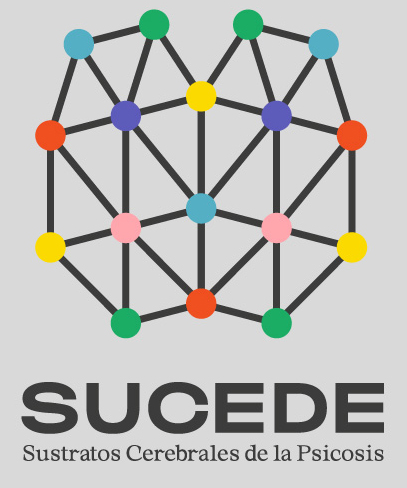Associations Between Schizophrenia Polygenic Liability, Symptom Dimensions, and Cognitive Ability in Schizophrenia (Legge et al., 2021).
Bibliographic session by Rosa M. Beño, predoctoral researcher SUCEDE: https://youtu.be/QwE2hBsnlXk
Schizophrenia is a clinically very heterogeneous disorder and it is currently unclear how the genetic burden for presenting with this illness is associated with the different variability these individuals show in symptomatology and cognitive ability. Based on this, the aim of the study reviewed was to determine whether the phenotypic dimensions we found within schizophrenia are associated with genetic load, other neuropsychiatric disorders, and intelligence.
Three cross-sectional samples of 1220 individuals diagnosed with schizophrenia were used. A confirmatory factor analysis of the Positive Symptom Rating Scale, the Negative Symptom Rating Scale and the MATRICS Cognitive Scale was performed. On the other hand, to determine whether genetic load was associated with the different phenotypic dimensions, Polygenic Risk Score (PRS) analyses were performed.
After analyzing the results, the PRS for schizophrenia was positively associated with scores on the disorganized symptoms dimension, but not with other symptomatic dimensions. An association with current cognitive ability was also found, and was maintained even after controlling for participants’ premorbid IQ.
As general conclusions, this article shows us that variation in disorganized symptoms and cognitive ability in schizophrenia are independent markers of the degree to which individuals carry genetic risk variants for schizophrenia. Finally, the authors emphasize the need for further research into the genetic basis of these phenotypes and the underlying mechanisms in order to improve diagnosis, prognosis and the development of different treatments for this population.



